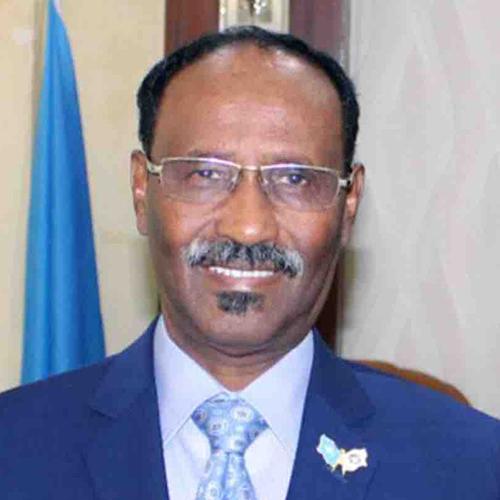Private Sector in Fragile Situations: Getting the Job Done!

Private Sector in Fragile Situations: Getting the Job Done!
Private businesses often are a bulwark against chaos in difficult situations—such as in the case of refugees from Syria that have escaped to Lebanon and other countries, or in fragile countries such as Somalia that are emerging from many years of conflict. To help refugees from countries experiencing ongoing conflict, entrepreneur Aline Sara launched NaTakallam, a social enterprise that hires displaced people who are highly educated and digitally connected to perform freelance professional services including tutoring and language instruction.
After four years, NaTakallam has earned more than $1 million in sales and paid $650,000 to refugees, Sara said at a World Bank panel discussion about the Private Sector and Fragile States. Her suggestion for private enterprises operating in difficult situations is to focus on short-term solutions, take small risks at first, and then grow from there. Other members of the panel—representing donor governments, recipient governments, and private investors—offered advice about investing in fragile states.
These deals are difficult, so it’s important to have a “broker” who understands both the local business and the investor, which lowers the hurdles to agreeing on a deal, said Suprotik Basu, Founder of impact investor Blue like an Orange, Sustainable Capital.
Aggregating pools of investment capital for local businesses in risky situations would help de-risk investments, Basu said. These larger pools of capital would broaden the number of investors involved and reduce transaction costs, he said.
Public-private partnerships, which blend different sources of finance, also can be useful, especially for building basic infrastructure such as roads and reliable electricity systems, which are necessary for an economy to function, Basu said.
Governments and other donors should focus on helping small businesses, said Max von Bonsdorff of Finland’s Ministry for Foreign Affairs. Impact investing—in addition to grants—can help a variety of economic sectors, including agriculture and manufacturing, he said.
More capital needs to go to women entrepreneurs, the panelists agreed. Somalian Finance Minister Abdirahman Dualeh Beileh said the two factors that kept Somalia afloat during its recent challenges were its private sector and its women.
Another finance source is remittances from the diaspora, the panelists agreed. Involvement by members of the diaspora could be game-changing, because they understand the challenges in their home countries, Basu said.

![[Backup] WBLive_landscape_All-colors - 1](https://s7d1.scene7.com/is/image/wbcollab/trending-World-Bank-Live-landscape?qlt=75&resMode=sharp2)




